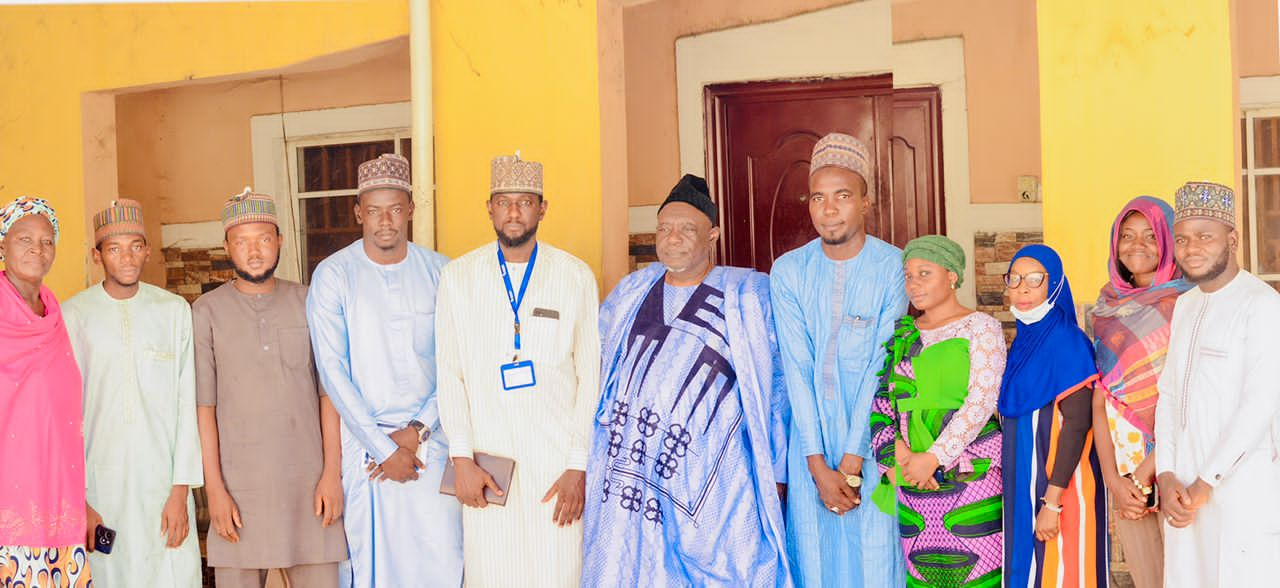BY: NEWS DESK
In a significant step forward for public health in Borno State, prominent religious leaders have pledged their support for immunization initiatives.
This breakthrough comes after members of the Borno State Africa Health Budget Network, African Field Epidemiology Network, Zero Dose Learning Hub, and Community of Practice (CoP) engaged in advocacy visits with key religious figures.
By securing the backing of these influential leaders, the immunization bodies aim to tackle vaccine hesitancy and promote awareness about the importance of immunization across the state.
The advocacy visits targeted key religious leaders, including Imam Laisu Ibrahim Ahmed, the Chief Imam of Borno and Most Rev. Dr. John Bakeni, Chairman of the Christian Association of Nigeria (CAN) Borno State Chapter.
These leaders possess significant influence within their communities, making their support crucial in promoting immunization and dispelling myths surrounding vaccines.
Ali Yerima Gamboru, who led the subcommittee in Maiduguri, confirmed that the religious leaders expressed commitment to supporting the Zero Dose Learning Hub project.
They also pledged to use their influence to raise awareness about the importance of immunization, advocate for increased funding for immunization programs, and address vaccine hesitancy and other immunization challenges.
Specifically, the partnership aims to achieve several key outcomes, including leveraging religious leaders' support for the Zero Dose Learning Hub project, addressing vaccine hesitancy through awareness and education, securing increased funding for immunization programs through advocacy, and promoting community engagement and participation in immunization efforts.
This collaborative effort mirrors successful initiatives in other regions, such as the engagement of Muslim clerics in polio eradication efforts in Northern Nigeria.
By harnessing the influence of religious leaders, Borno State can make significant strides in improving immunization coverage and promoting public health.
The success of this interfaith partnership can serve as a model for other regions, demonstrating the power of collective action in protecting the health and well-being of communities.

